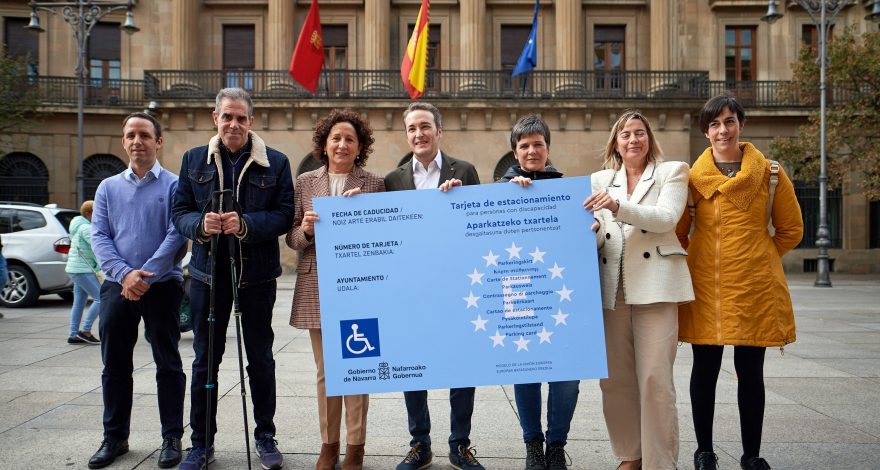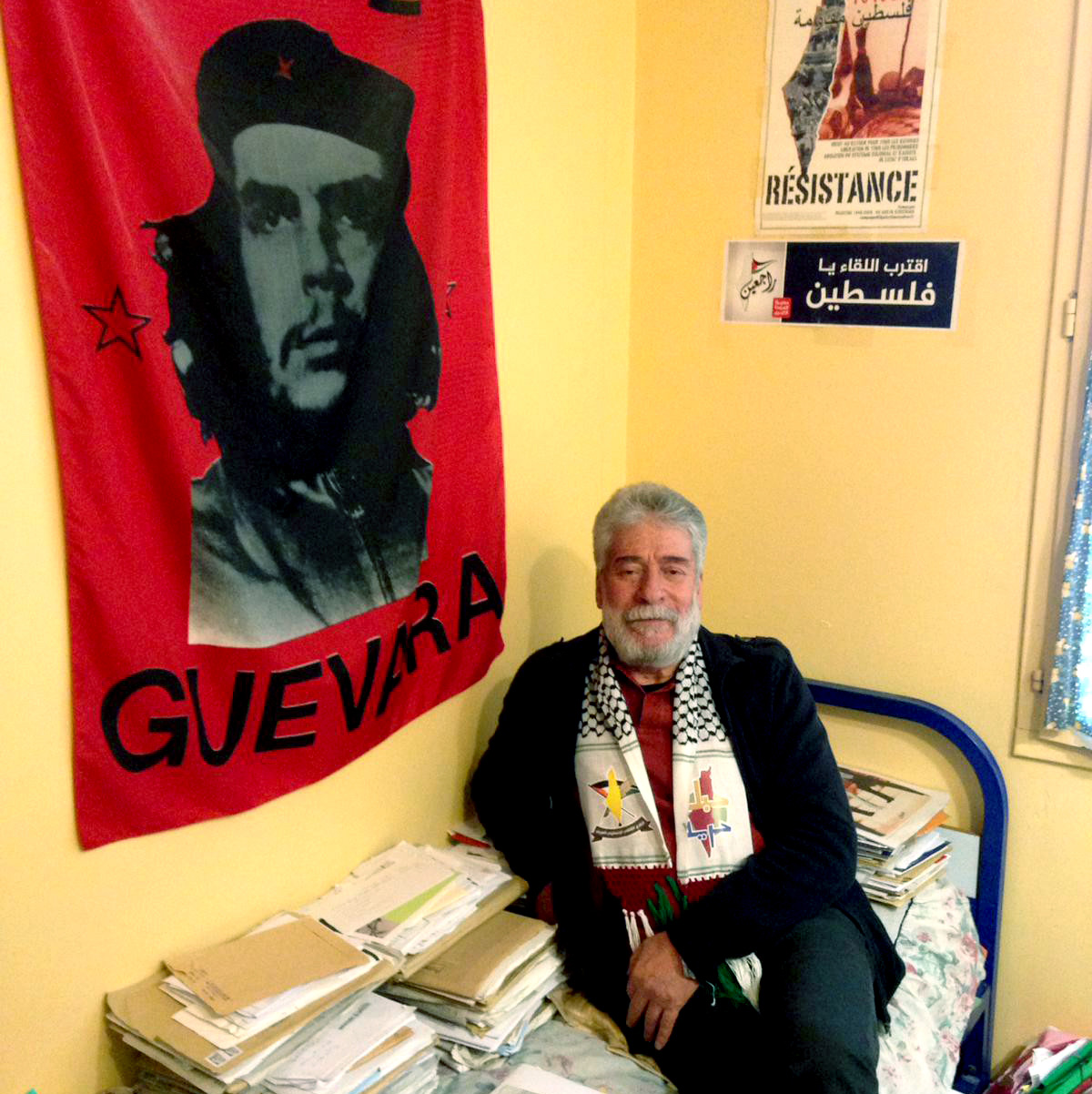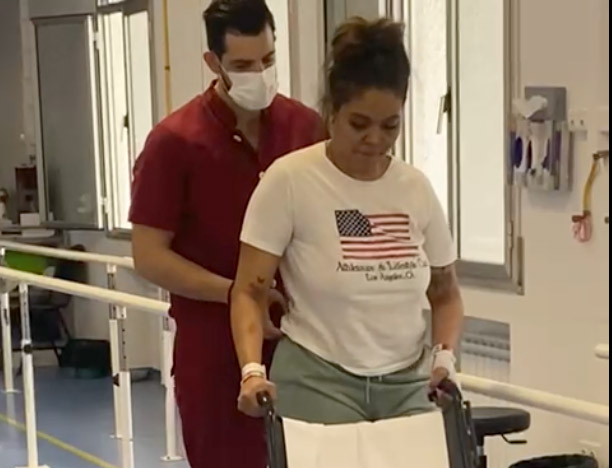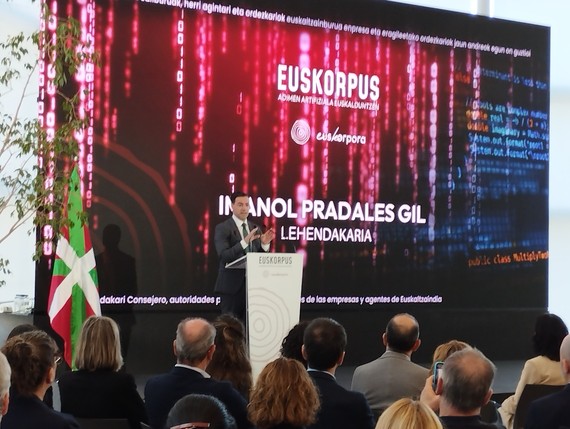The Government of Navarra will continue the “transversal” policies of short-term accessibility
- The Director General of the Presidency, Open Government and Relations with the Parliament of Navarra, Joseba Asiain, has made a positive reading of the work done by his department on disability in the years 2019-2023 in the Foral Parliament.

“The important thing to advance universal accessibility is not the procedure, but the optimistic attitude,” said Félix Taberna, Minister of Presidency and Equality in the Parliament of Navarra. This is how Marta Álvarez Alonso, critical of the UPN spokesman, has responded, accusing the government of replacing strategic plans with operational plans. The former are more general because they are projected into the future, while the latter must be implemented within one year.
In this regard, Joseba Asiain, Director General of the Presidency, Open Government and Relations with the Parliament of Navarra, has defended the Foral Government's action in the last term: “Long-term plans often have too much literature and too little action. And agents ask us for action.” Therefore, Taberna and Asiain are committed to continuing the “transversal policies” of accessibility.
In this sense, Taberna has pointed out that the objective of introducing accessibility in her counseling is to break the “paradigm of the sectoral scope”. “Disability is not the exclusive competence of the Department of Social Rights, but of all, and coordination between all is done from Lehendakaritza,” he explains.
According to the presentation made by the Counsellor, 93% of the measures covered by the Accessibility Plan of the previous legislature are being implemented, 73% have already been terminated or in the final phase and 77% have implemented the budget.
Of all measures, Asiain highlights four significant features. First, the normative development with the Foral Law of Care for People with Disabilities and the creation of an integrated parking card for all of Navarra. Secondly, improving the accessibility of public buildings such as the Tudela Citizen Care Office, Justice Buildings, educational centres, employment agencies or the Urbasa campsite.
Asiain points out that 2,554 people received disability training. “Often discrimination occurs through ignorance, but it is still discrimination,” he reflected. It also mentions that 1,489 people have received subsidies from the Government of Navarre to achieve personal sovereignty. These benefits allowed beneficiaries to purchase 2,593 household technology products, such as electric beds, wheelchairs or hearing aids.
As regards employment, the public body Lansare served 426 people for the adaptation of jobs or for the search for adapted jobs. In addition, a protocol has been created for the care of deaf people in employment agencies.
As for digital accessibility, Asiain says that improvements have been made in the Personal Health Folder. Finally, he pointed out that in the Department of Culture, Sport and Tourism, 37 federations had carried out adapted programmes and 400 people had participated in the adapted activities offered by the Foral Government.
The time has come for us to enrol in schools in the Basque Country for the 2025-26 academic year, and in many homes the youngest of the household will take a new step soon, in September, which is schooling. Proud of the Basque Public School The members of Topagune are firmly... [+]
Since the adoption of the new Education Law for Álava, Bizkaia and Gipuzkoa, we are hearing/reading again and again that education will be free from now on. We have listened to different actors, including the Department of Education, and in the interviews we offer to the media,... [+]
At the beginning of the month he did III. Congress in Pamplona. It is said to be the “ordinary congress” that serves to draw “non-ordinary conclusions”, or at least that is how they have received Zutunik in the paper, proposed by the leadership and unanimously approved... [+]












_Glaciar.png)






